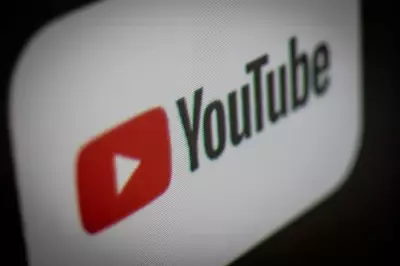
In a disturbing case of digital identity theft, two of Australia's most trusted news faces have been brutally hijacked by artificial intelligence. BBC newsreader Michael Rowland and the Australian Broadcasting Corporation's resident health expert, Dr Norman Swan, have found themselves at the centre of a sophisticated and deeply embarrassing deepfake scam.
The Bogus Endorsement
Fraudsters have used advanced AI technology to create convincing fake video adverts, splicing together manipulated footage of the presenters to make it appear they are personally endorsing a product called 'Revive Erection Male Enhancement Capsules'. The fabricated adverts have been circulating widely across various social media platforms, duping unsuspecting viewers.
Victims Speak Out
Michael Rowland, who presents on the BBC's international news channels, took to social media to express his fury and warn the public. He vehemently denied any association with the product, stating the advert was a complete fabrication.
Dr Norman Swan, a highly respected medical broadcaster and host of the ABC's 'Coronacast' podcast, also confirmed the advert was a fake. The misuse of his reputation, built on decades of providing credible health information, is a particularly egregious aspect of the scam.
A Growing Epidemic of AI Fraud
This incident is not isolated. It highlights a terrifying new frontier in online fraud where AI-generated deepfakes are being weaponised to exploit both public figures and private citizens. Scammers use these hyper-realistic videos to lend credibility to their schemes, preying on the trust viewers have in familiar personalities.
How to Protect Yourself
Experts advise the public to remain extremely sceptical of celebrity endorsements for medical products, especially on social media. Key red flags include:
- Too-good-to-be-true claims about a product's effectiveness.
- Adverts directing you to unknown websites outside of major retailers.
- Poor video or audio quality, though deepfakes are becoming increasingly harder to detect.
- An urgent call to action, pressuring you to 'buy now'.
Both the ABC and BBC have been alerted to the fraudulent use of their employees' images. The case underscores the pressing need for stronger regulations and technological solutions to combat the malicious use of deepfake technology before it further erodes public trust.





